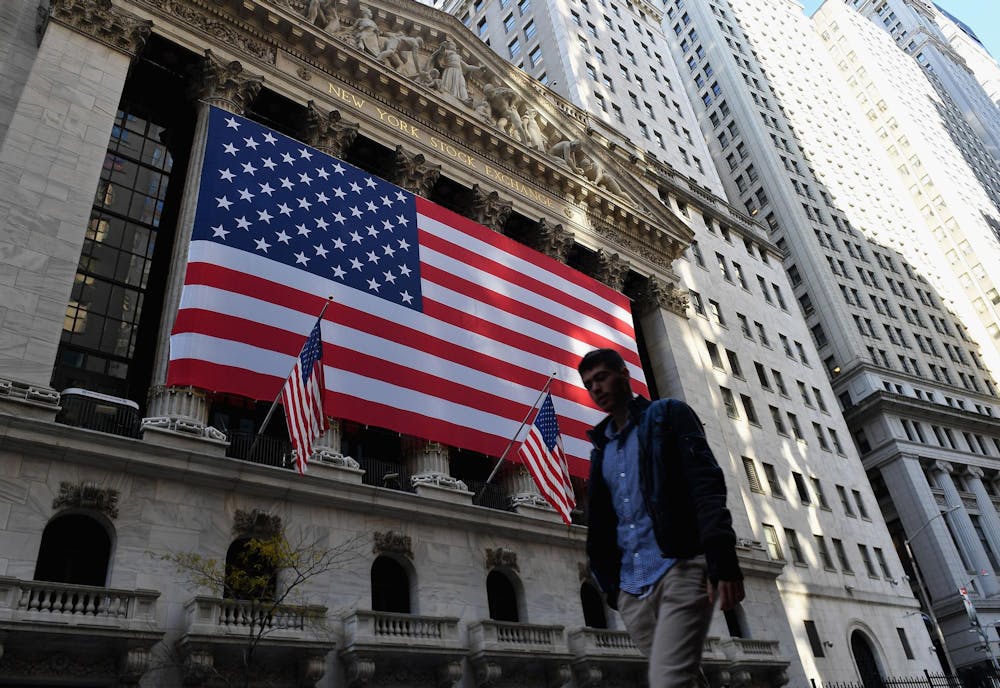Editor's note: All opinions, columns and letters reflect the views of the individual writer and not necessarily those of the IDS or its staffers.
President Donald Trump has been president for 86 days in his second term, and I can’t recall a day I didn’t read about him in the news. Now, that’s not necessarily a bad thing. However, headlines like “Trump inner circle warned of tariff consequences” or a BBC's “Trump threatens new tariffs on smartphones days after exempting them” make me wary of the future and what we can do about it.
All this talk of tariffs, trade wars and promises of economic stability also made me see the growing need for financial literacy. This means understanding personal finances for budgets, investments and debt management. With this knowledge, students can make more informed and confident decisions that hopefully have a higher return on investment.
As broader economic forces and policies influence personal financial decisions, it’s increasingly important that students strive to become familiar with this subject. Financial literacy enables students to evaluate political promises and policies properly.
According to The Associated Press, Trump’s trade wars started Feb 4 when he set a 10% tariff on Chinese imports and a 25% tariff on goods from Canada and Mexico, prompting swift countermeasures from these countries. By March, he escalated the situation with a 25% tax on steel and aluminum, which also caused retaliation from the EU.
Now in April, Trump has introduced “reciprocal tariffs,” which set a baseline 10% tax on imports from almost all countries. Depending on a country’s trade surplus with the U.S., it faces lower/higher rates. This was to supposedly make it fair for all trade relations, but I don’t think China sees its 34% tax compared to the EU’s 20% that way.
All that news seems like a lot of numbers and angry politicians, but it affects us too. I believe companies will likely raise prices on imported goods like electronics and groceries to cover these tariffs. China’s retaliatory tariffs already increased domestic agricultural prices, steel and aluminum which makes homes and appliances more expensive.
To improve one’s financial literacy, there are several websites – Coursera, Khan Academy and Udemy – with a range of online courses to consolidate one’s learnings further. But aside from that, one can read books and articles on personal finance which give more of a foundation and strategies you can inculcate regularly. I’m personally a fan of reading finance blogs like Morning Brew to keep up with financial advice. Hopefully with these resources, finances can become more hands-on, second nature and help evaluate critical policies affecting your life.
Understanding the consequences of trade policies like tariffs goes beyond politics: it’s about decisions affecting our daily lives. Financial literacy empowers us to navigate these challenges by helping us make smarter choices and evaluate how economic policy aligns with our goals. Staying informed is not just about reading headlines but recognizing the stakeholders and symbiotic relationships. By doing so, we can hopefully weather the political storm together and build a more financially stable future.
Meghana Rachamadugu (she/her) is a senior studying marketing and business analytics as well as pursuing a minor in French.






